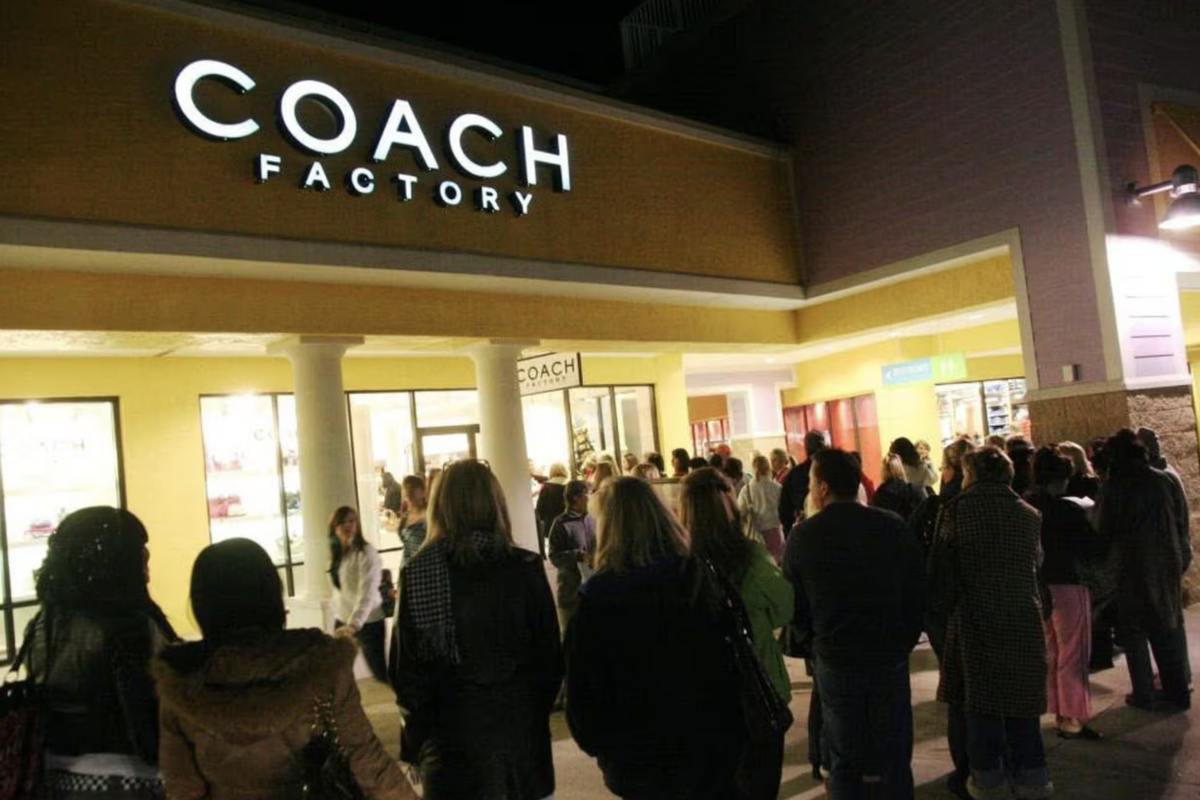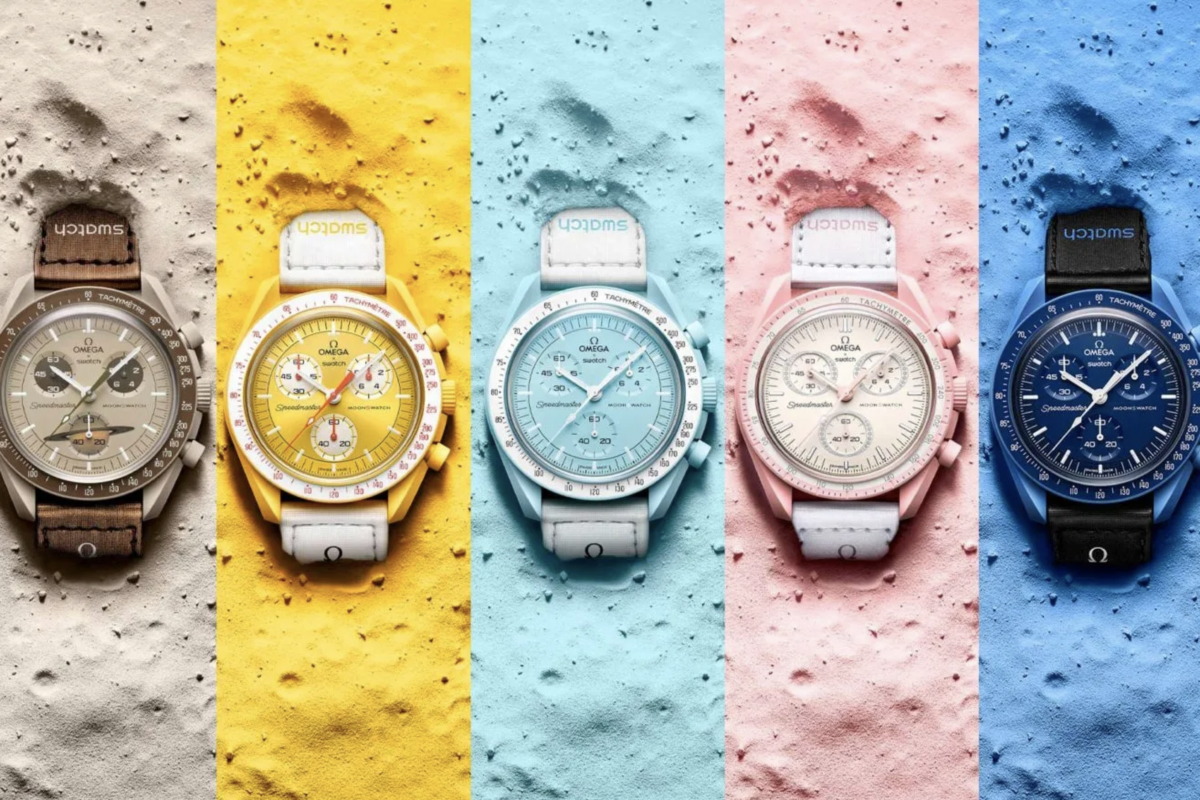#20 Do not hire management consultants.
Management Consultants sell ‘do like others’. This is called benchmarking or also ‘best practices’. Using management consultants, formed in global MBAs to the universals of management, in this way would erode the specific characteristics of a luxury brand – and its ability to maintain its pricing power to this specificity.
Let’s take a dramatic example: any non-luxury automobile manufacturer should be obsessed by reducing costs. This is why industrial platforms strategies, sharing all back-office costs, are so widely spread. By the same token, relocations are nothing but normal for a mass brand and even a premium or super-premium one. When one buys an Audi every single dollar paid is to bring a return on investment: you pay for what you get (more functionalities, that is all).
Now, should the same rules apply to a brand considered as luxury such as Jaguar? Once bought by Ford, a very well-managed traditional company, soon the cost consultants were hired, bringing with them methods which eroded the dream. Why would a reader of Forbes or Fortune still want to buy a Jaguar as a luxury car when reading in his journal how much Ford was doing an excellent job by sharing the Ford Mondeo structure and parts with some Jaguar models?
This is how the Ford Company killed the dream and could not have Jaguar regaining its luxury status – and had to sell it to the Indian company Tata. And Tata is now returning to the luxury strategy for Jaguar, to turn around the brand.
By bringing methods from any normal economic sector, management consultants instill the poison of averaging everything. Luxury pricing power is not based on cost reduction but on added value and feelings of uniqueness.
Certainly Hermès has to buy the crocodile skins at the best price it can. But, in any case, it will never buy anything but the best skins. A similar risk is taken when luxury companies hire advertising methods coming from Fast Moving Consumer Goods sectors. In FMCG / CPG, the marketing of demand is the rule. All the concepts, methods, skills and frameworks are based on the idea that one should be led by consumers’ wishes. How many advertising agencies’ recommendations to luxury companies start with a chapter called ‘Understanding your target’, a deep analysis of the motivations and declara tions of the so-called target.
The natural consequence is to think of the luxury brand as a brand trying to please these consumers, answering their needs, proposing consumer benefits, having a brand positioning strategy.
Little by little the same methods used by Nivea or Olay are extended to Lancôme. If you refer back to anti-law 6, you understand why this is a huge mistake. Marketing of demand fits when the goal is to reduce pain and alleviate problems. One starts by asking consumers what is their problem – for instance: there is too much sugar in a regular Coke, so people fear becoming obese. The answer is Diet Coke. Luxury works just the opposite way: it aims at creating dreams. Do you start by asking someone what his or her dream is if you want to invent the dreams of the elite? Of course not.
Contributed to Branding Strategy Insider by: JN Kapferer, excerpted from his book, The Luxury Strategy with permission from Kogan Page publishing.
See all of the Anti-laws of Luxury Marketing here.
The Blake Project Can Help: Accelerate Brand Growth Through Powerful Emotional Connections
Branding Strategy Insider is a service of The Blake Project: A strategic brand consultancy specializing in Brand Research, Brand Strategy, Brand Licensing and Brand Education




